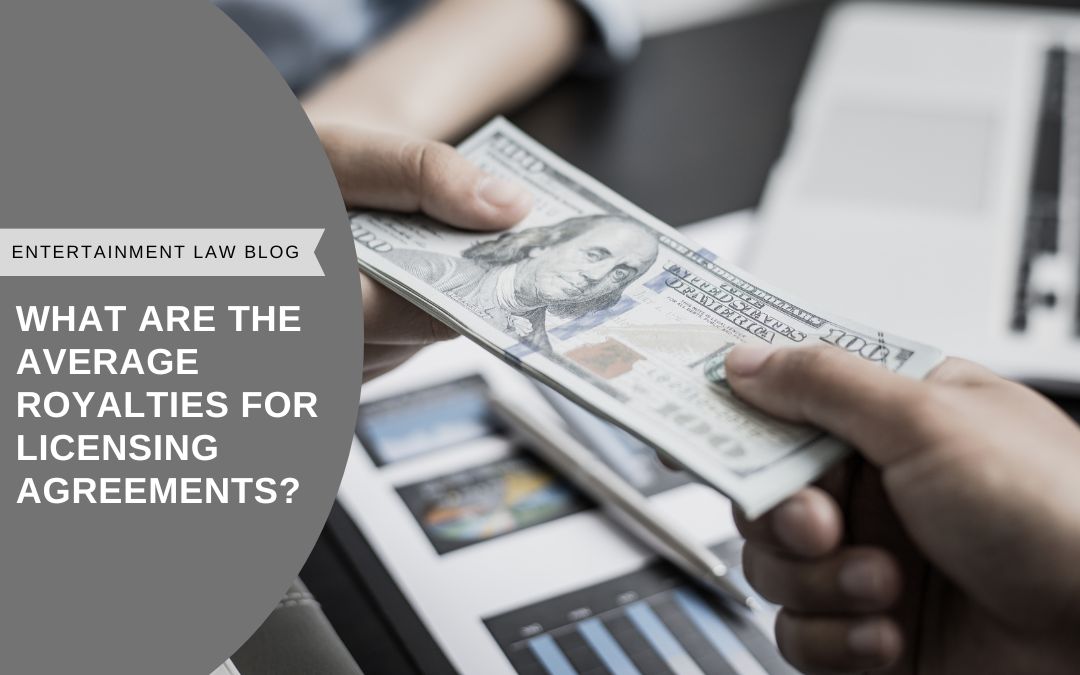Royalties are a common form of compensation in licensing agreements. Licensees typically pay royalties to the licensor based on the agreed-upon terms, such as a percentage of sales or a fixed fee per unit. Royalties serve as a means for the licensor to receive ongoing financial benefits from the licensed intellectual property, while allowing the licensee to utilize the IP for commercial purposes.
What are the average royalties for licensing agreements?
The average royalties in licensing agreements vary widely depending on the industry, the popularity and value of the intellectual property, and the negotiating power of the parties involved. Royalty rates can range from a few percentage points to upwards of 10% or more, depending on the specific circumstances. It is essential to consider market factors, the track record of similar licensing agreements, and the value that the licensed intellectual property brings to the licensee.
Royalties are carefully negotiated, and deviations can cost creators millions of dollars. In 2021, there was a major lawsuit in the entertainment industry. Scarlett Johansson, who famously plays the character Black Widow in the Marvel Universe, sued the Walt Disney Co. Disney allowed streaming of the movie at the same time for the theatrical release. Johansson said this breached her contract and deprived her of potential earnings as she maintained in her complaint that her contract guaranteed an exclusive theatrical release. Her suit was settled for $40M.
Browse more Entertainment Law articles.

